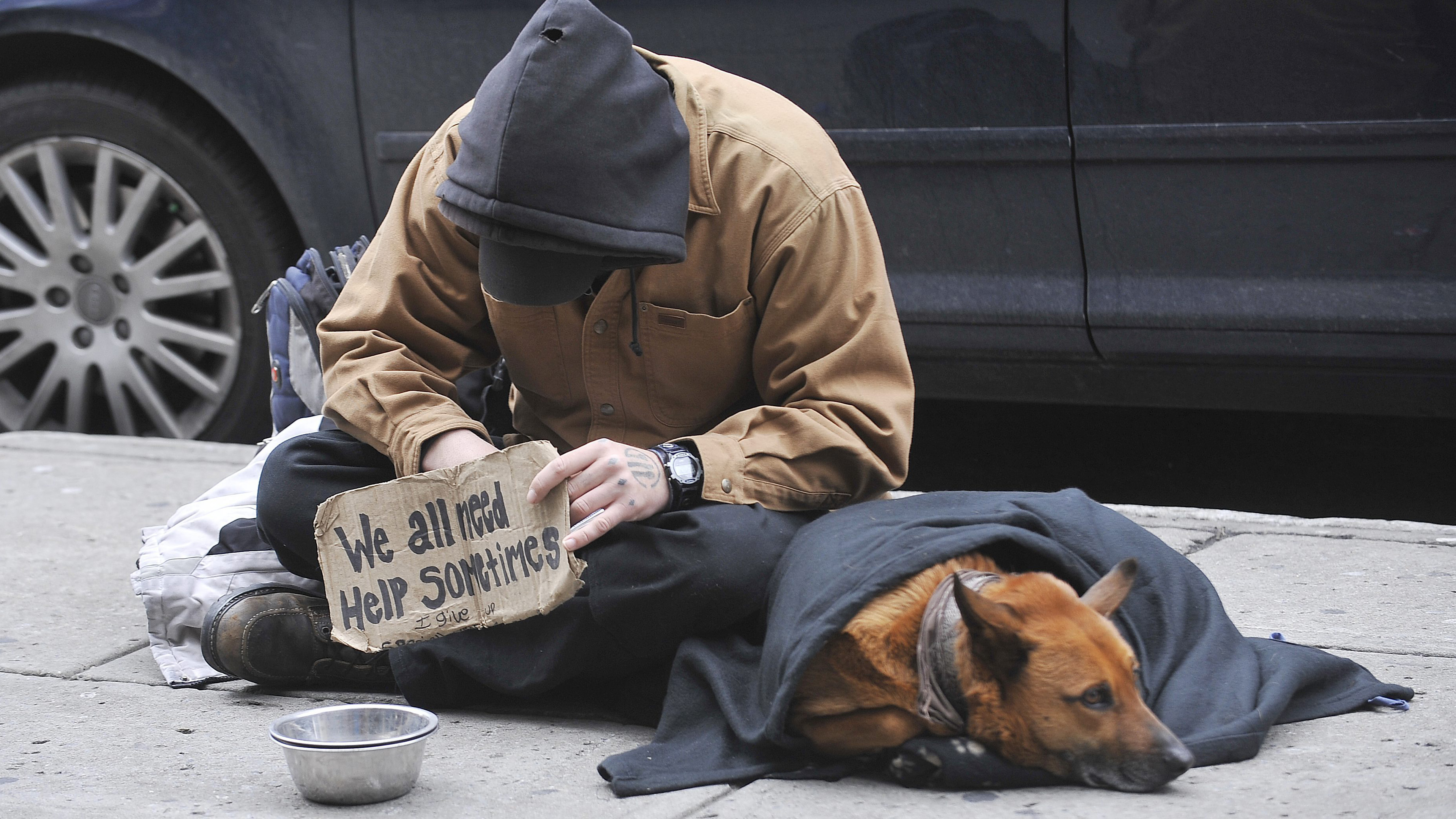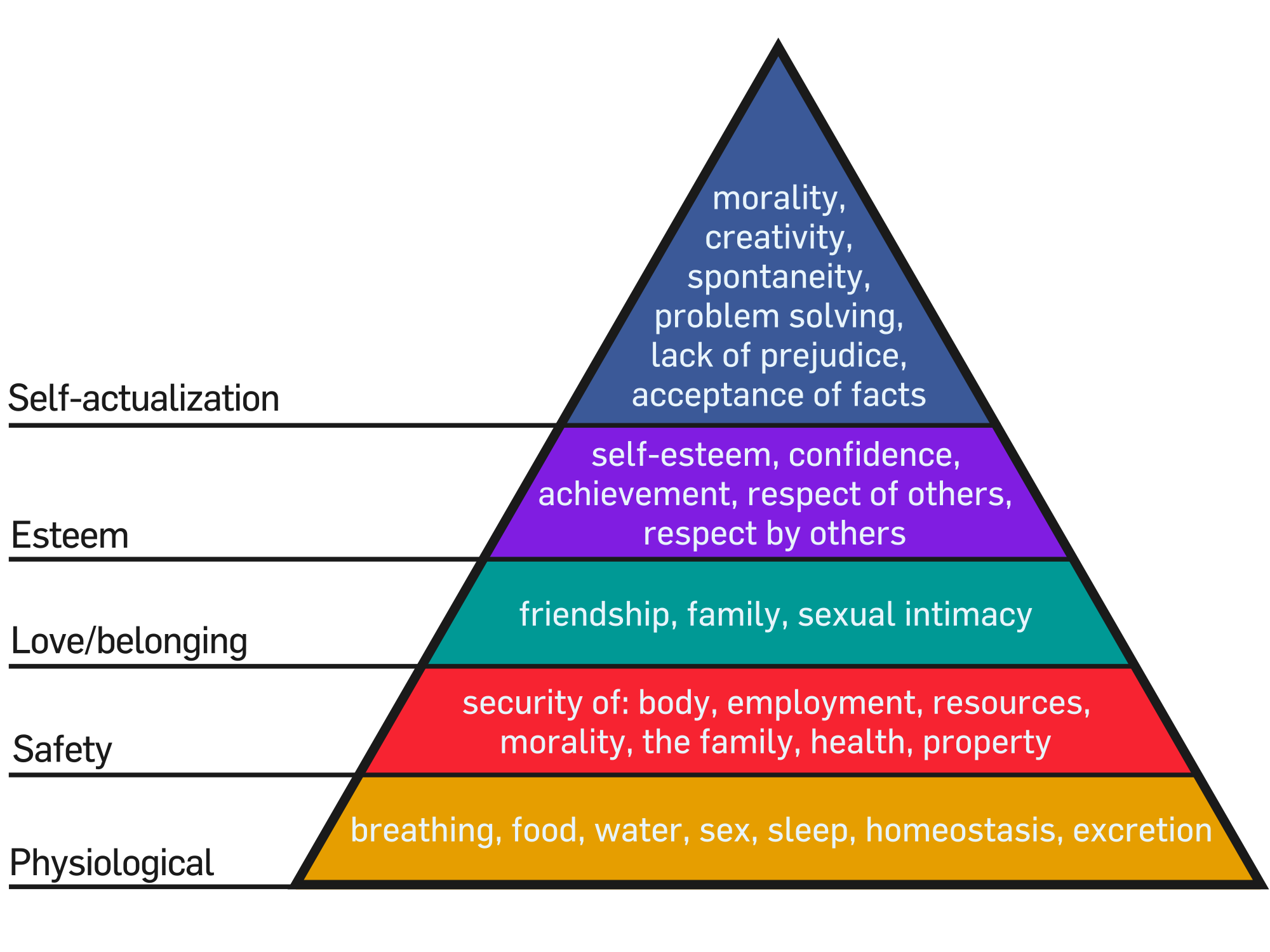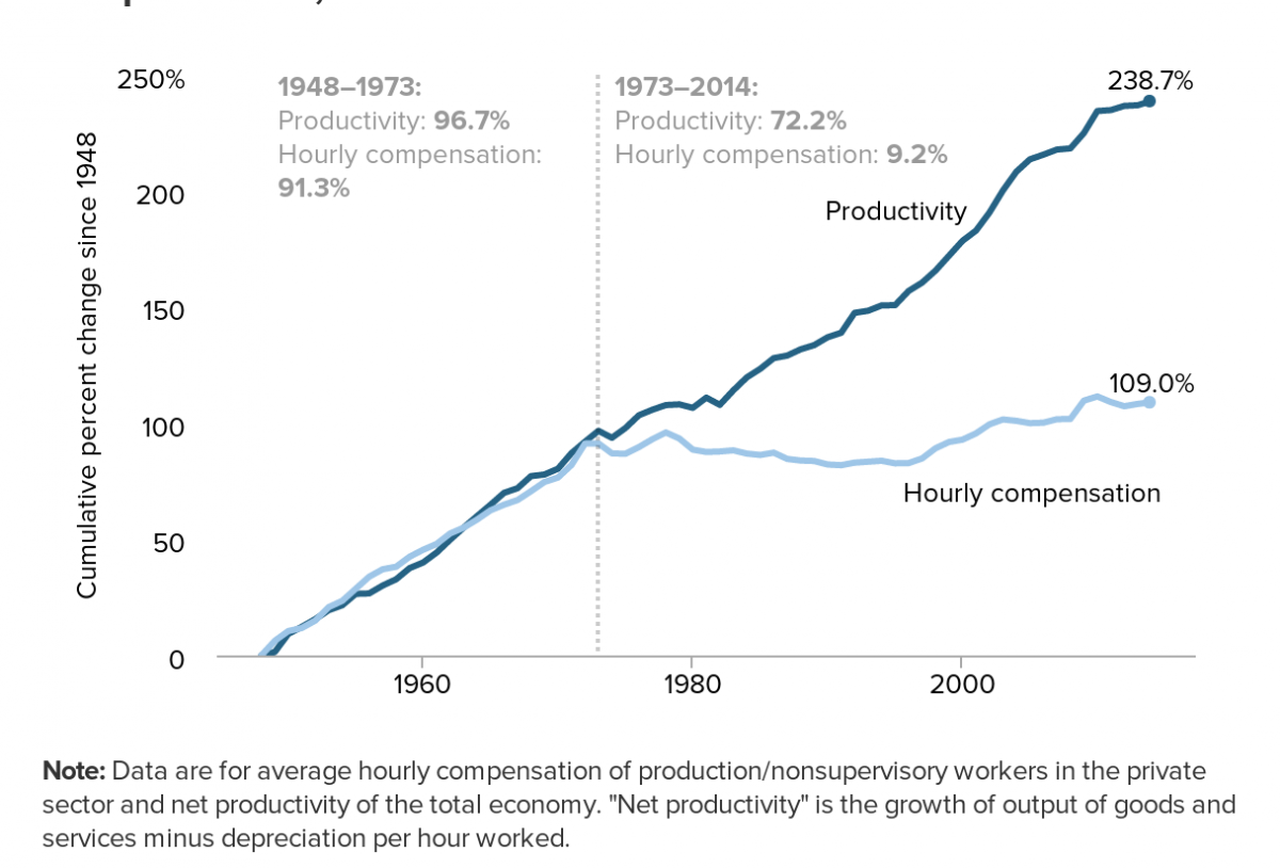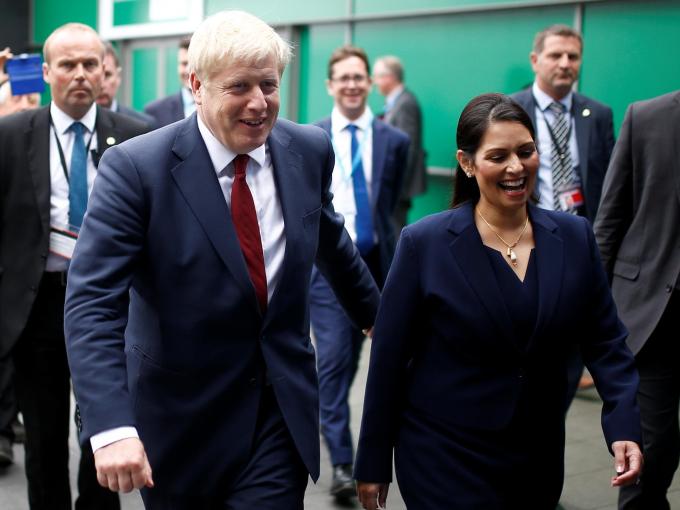Think back to around 2007-2008. What major worldwide disaster springs to mind? Correct, the Global Financial Crisis. It was a time when many people through first hand experience, became acutely aware that capitalism or more accurately named neoliberalism was failing for most of us. What followed was a slew of protests groups, such as Occupy Wall Street, whose message was for the 99% to fight back against the 1%. Suddenly, society as a whole appeared not to be duped by the fable of trickle down economics anymore. At around the same time a plethora of books and documentaries emerged imploring us to reject unbridled capitalism.
In 2007, Naomi Klein wrote the ‘Shock Doctrine’, describing the inhuman lengths the ruling elite would go to implement and maintain a system of neoliberalism throughout much of the world. This significant book partly followed on from where David Harvey’s ‘A Brief History of Neoliberalism’ left off, written in 2005. While Richard Wilkinson and Kate Pickett penned ‘The Spirit Level’ in 2009 providing page upon page of evidence to support why more equal societies are better for all of us. Finally, Thomas Piketty’s contribution Capital in the Twenty-First Century (2013), gave a comprehensive critique regarding our desperately sick economic system. Online, there were countless documentaries highlighting the failings of capitalism and the people who were determined to keep this system in place, such as The Four Horseman, Inside Job, Plutocracy, Capitalism in Crisis among many others.
Politics also started to wake up to the shortcomings of capitalism, the US had Bernie Sanders and in the UK was Jeremy Corbyn. What do we hear about economic inequality now? Nothing, a deafening silence, zero. But this collective consciousness didn’t just naturally blow over, a concerted effort has been made to distract us from continuing the uprising that began following the financial collapse. When I was a personal trainer I used to say, “you can’t just cut something out it won’t work, you have to replace it with something else”. This is exactly what the ruling elite have done, people have been weened off talking about class politics and how neoliberalism has destroyed society, by replacing it with identity politics. A subject that purposefully creates deep societal fissures, while having little or no detrimental effects on the ruling classes.
One prime example regarding this shift of the political battleground from economic to identity is the Occupy Wall Street movement, which started 10 years ago in New York. At first this group was dismissed as a bunch of hippies, but it grew beyond that, attracting anti-capitalist writers and academics such as David Graeber and Chris Hedges. However, quickly rumours surfaced that this was a George Soros project (the eternal right wing bogeyman), supported by big labour and even the Democratic Party, designed not to other-throw the system, but merely to form a further outgrowth of the present system formed by Wall Street and the elites.

In truth, Occupy had some protracted processes such as the “peoples mic”, which resulted in every decision being a tedious drawn out exercise. Everyone’s voice at assemblies was heard and given the same credence regardless of how idiotic an idea may be, resulting in an incoherent mess. At about this time, identity politics started to make a profound impact on the left. Now class consciousness has almost evaporated from political discourse on the so called left. In fact, far from being on the left, I would argue that what we have in place is woke capitalism.
The ideology of wokeness largely believes that;
- Society is intrinsically racist/sexist/patriarchal and colonialist and must be destroyed in its present state.
- Inclusion and diversity of appearance is good, diversity of thought is not.
- Class politics is unimportant, and so is the 20th century.
- Wrong think must be punished, for which there will be no forgiveness.
- If you disagree with any of these thoughts you are a fascist, racist, white supremacist, Nazi.
These views are promoted by pseudo academics such as Ibrahim Kendi X, Robin DiAngelo and Reni Eddo-Lodge in the UK. However the big question is, how does a movement supported by a comparatively small minority possess so much power over corporations, academic institutions, the media, governments and the arts (such as Hollywood)? Especially one that has been on the fringes of political debate since the late 80’s, driven by people such as Kimberle Crenshaw and her theory of intersectionality. Crenshaw too is an elitist, a student of Cornell and Harvard, she went on to lecture at Columbia and UCLA. Not surprisingly, this theory suggests that our biggest problem is not economic disparity, but a war against certain races, genders or sexual orientation. Of course, this is hugely appealing and championed by liberal elites, thus maintaining the status quo.
Corporations, governments, Hollywood and universities can now claim the moral high-ground of identity politics by paying lip service, complete with rainbow logos and authoritarian legislation, for example hate speech laws. This appeases the baying middle class bourgeoisie incurring no ill effects for the elite, whilst maintaining a middle class buffer between them and the disgruntled working class. To future proof this, most of the mainstream media have promoted this new religion as a societal change for good, while many schools are indoctrinating the next generation with stories of systemic racism and industrial scale transphobia. Unsurprisingly, following the 2008 financial crisis, race based discourse in the media rose dramatically, with news outlets proclaiming racism to be at epidemic proportions across the west.

We need to recognise who it is at the forefront of this huge societal change. The answer, big banks, silicon valley, elite academic institutions and so called left leaning parties for example, the Democrats, the Liberals in Canada, plus the Labour Parties of Australia, UK and New Zealand. Even the right wing parties in the west are generally not pushing back hard enough against this perceived orthodoxy. Although, identity politics is not strongly supported by the majority of those within the working class, regardless of race, gender or sexuality. With this in mind, it feels safe to conclude that a class war continues to be waged by the elite and that identity politics is the weapon of mass distraction.
Over the last few decades the rich have got infinitely richer, yet government policies have done nothing to curb this. For the working class, jobs are generally shittier providing less workers rights and inadequate wages, while house prices by enlarge have spiraled out of control. Each year, more money and power is in the hands of fewer people, directly circumventing the democratic process. Currently 2,153 billionaires have more wealth than 4.6 billion people combined. The 8 richest men own more than the poorest 50% on the planet. The reality is, millions of people fail to obtain enough money for adequate shelter, while the rich often have hundreds of square metres of unoccupied housing just sitting there.
So with society catching on that neoliberalism has failed, what would be the perfect solution for the ruling elite to do in order to maintain control, without hurting themselves? The answer is, confuse the masses, while blinding them to what the real issues are. Rich people are not stupid, using the Critical Social Justice movement they can virtue signal their support for the group of their choice, thus, helping to keep society divided and others alienated, all the while appearing on the right side of history. From a business perspective it’s a savvy move, remaining on the side of people with power, from a moral perspective it is dire, however, we would be foolish to expect any corporation to be a beacon of all that is good.

Not surprisingly, governments across the west are doing a similar thing, but in their case the goal is to remain in power. It makes sense to support Critical Social Justice adherents, who are largely a collection of middle class goody goodies, pseudo academics, professional victims, narcissists and those who generally mean well, but want to be seen as doing the ‘right’ thing. Politically this is a good move, these groups make up quite a broad base of what is collectively called the professional and management classes, knowing many of which will actually get out and vote come election day.
Meanwhile, they can continue to punch down at the poor, the under-educated, the unemployed, the underemployed working class, who have been generally despised by the ruling elite since Thatcher, Reagan and even Roger Douglas here in New Zealand. It is a group although relatively large in number, has no discernible political or financial power, therefore, carrying the least threat to the status quo, provided they are kept in varying disparate groups. Despite this, the working class are not fooled into thinking identity trumps economic issues, purely because many witness what it’s like to have very little on a daily basis, directly affecting their lives.
In recent times distraction has been utilised by western powers in a variety of ways, Brexit in the UK, the rise of Trump in the US and identity politics across the entire ‘Anglosphere’. Identity politics has been instrumental in keeping ever rising economic inequality out of the media and consequently away from the public sphere. In the meantime, we continuously read tales of woe about how “hard done to” middle class, educated narcissists are, while working class people struggle to put food on the table or pay rent. Forgive me if I appear to not give a shit about these exceptionally first world issues, such as what pronouns people have decided to use this week and how the non use of them somehow invalidates their existence.
What we need to do is, shift the debate kicking and screaming back to economic inequality. Massive economic gaps affect education levels, crime rates, health and democracy, regardless of the identity of an individual. Therefore, policies based on this disparity would benefit those who are in most material need. All of these outcomes are real, tangible and measurable, plus supported by masses of research. Furthermore, narrowing the chasm between rich and poor would foster stronger communities, who would be better educated, healthier and more engaged in the democratic process, which is the very antithesis of what the ruling elite strive for. While identity fanatics argue over pronoun etiquette and same sex bathrooms on Twitter, the ruling elite continue to take more and more, including your right to free speech.


























 Under this more numerically inclusive vision of freedom, Billionaires such as the Koch brothers could conceivably argue that their freedom to wreck the planet while making a truck load of cash would be inhibited. Here lies the problem, if someone pursues self-determination to the nth degree, another’s freedom possibly set at a more modest or basic level will unquestionably be in jeopardy. Maybe as an alternative we should take a utilitarian approach, in other words, endeavouring to secure freedom at a humanitarian level for the most amount of people first.
Under this more numerically inclusive vision of freedom, Billionaires such as the Koch brothers could conceivably argue that their freedom to wreck the planet while making a truck load of cash would be inhibited. Here lies the problem, if someone pursues self-determination to the nth degree, another’s freedom possibly set at a more modest or basic level will unquestionably be in jeopardy. Maybe as an alternative we should take a utilitarian approach, in other words, endeavouring to secure freedom at a humanitarian level for the most amount of people first.






